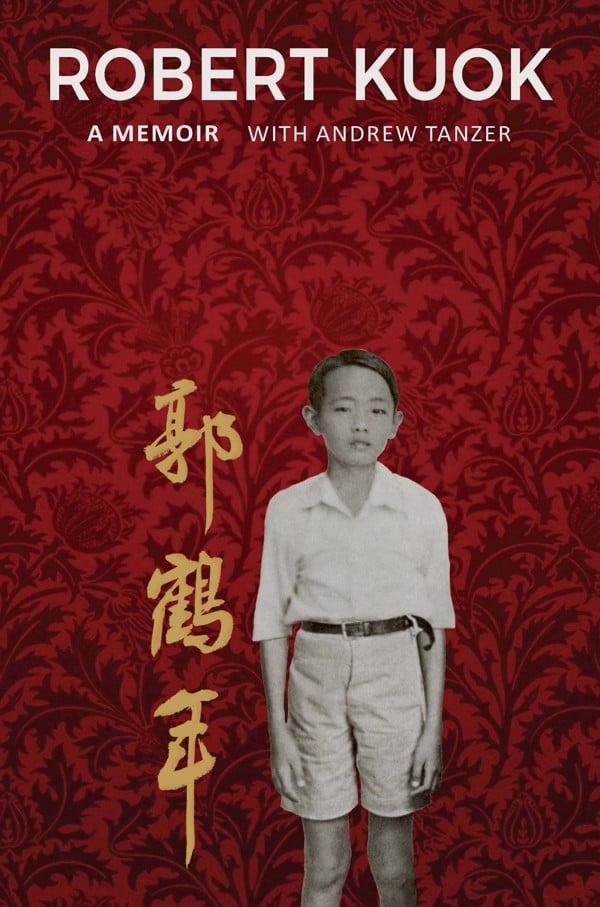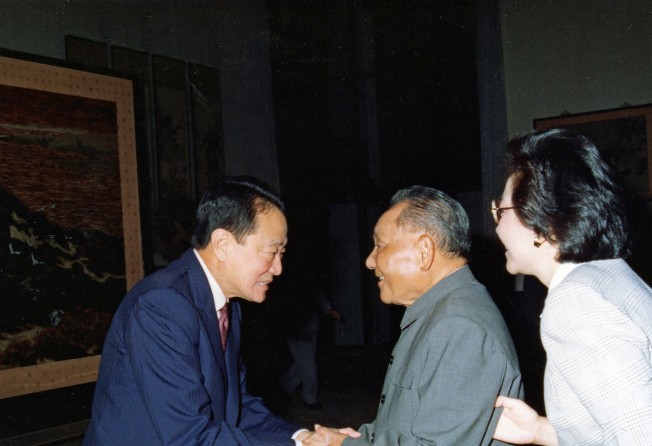
How to establish independent government institutions with Confucian beliefs in a modern environment
‘Robert Kuok, A Memoir’, gives a rare high-level insight into the past and future of Asian business development

As a descendant of 19th century Chinese railroad builders in Canada, I understand Robert Kuok’s respect for the long-suffering men and women who migrated to far away lands where they were outsiders and blazed a path for future generations and helped build entire economies.
His book, “Robert Kuok, A Memoir” is an absorbing journey, whether you recognise his assertions.
As one of the world’s richest men Kuok’s revelations and relationships provide a high level insight into the past and future of Asian business development.
It is rare for a Chinese tycoon to give extensive interviews or pen a memoir. Most purposely maintain a low profile, perhaps too low of a profile in Hong Kong for people who control so much of the city’s economic life.
Kuok’s memoir shows how Asia’s elites have been shaped by their cultural devotion to China and colonialism.
Nostalgia is historical revisionism at its most romantic and idyllic. Kuok’s ideal philosophical element is his recollection and ardent belief in what he believes to be the inherent, unalloyed Confucian bred integrity and morality of (southeast) Chinese.
“Good Chinese management is second to none; the very best of Chinese management is without compare,” he tells us.
Chauvinistic, borne of his 20th century business experience, but unrealistic and inaccurate given the Chinese family style management has only found success in a limited number of areas that aren’t subject to technological disintermediation or rapid change such as property, hotels and trading related businesses.
Many wealthy families have showed their inability or reluctance to evolve beyond the strictly patriarchal, family business model.
In an age where attracting talent becomes more crucial and competitive, favouring and appointing family members is regressive.
China, the world’s second largest economy, features a complicated corporate landscape of state-owned enterprises, princelings and private companies.
Kuok observes that by saying, “Few leaders today compare with China’s in terms of true patriotism, selfless devotion, selfless devotion to duty and complete willingness to dedicated their lives to the causes of nation-building and raising peoples’ standard of living.”
Looking at the steady stream of corruption stories coming out of China today, it is as if a parallel universe of venal Chinese coexist alongside Kuok’s honourable world of the Chinese gentleman.
Yet Kuok tries to reckon the yawning gap between rule of law, Communist Party power and Confucian values.
Somehow, in his view, rule of law – so critical to China’s development and attracting more foreign companies – can be achieved without resorting to liberal democratic values.
“You have to train upright judges and lawyers to uphold the legal system.”
Creating and sustaining an independent legal system under the Communist Party remains loaded with contradictions.

He believes that, “A moral society cannot be attained through policing. You must begin at the beginning, and infuse the young with a strong sense of morality from a young age, both at home and at school.
For centuries, Confucian principles provided China’s moral compass; they can do so again.”
Behind this hides a long-standing fear that somehow the “West” and its liberal values will necessarily subsume and destroy China’s identity. The fear may be misplaced, but it is not surprising. Western and Chinese cultures have been intertwined for nearly two centuries.
What the Chinese label as the “century of humiliation” from the mid-1800s to the mid-1900s, lies at the deepest contradictions of their political viewpoint and how they must reckon China’s relationship about the wider world.
While Kuok is not naive about the corruption and cronyism he has encountered, he can’t escape the intellectual trap that only a Confucian model of the upright and honourable judge or official can solve what is China’s biggest challenge: how to establish independent government institutions with Confucian beliefs in a modern environment.